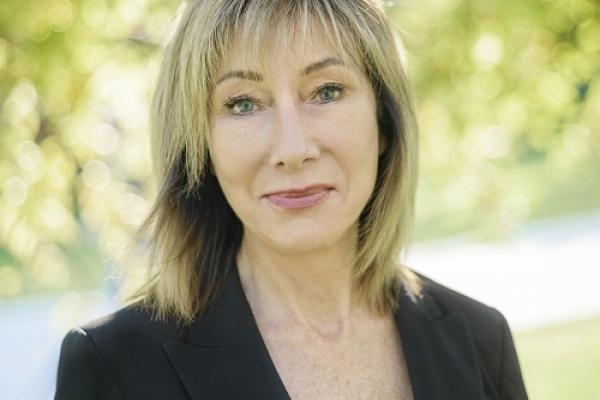
Dr. Franke Wilmer is a Professor of Political Science at Montana State University. Specializing in the studies of political violence, Middle East politics, and human rights, Dr. Wilmer's research interests mainly focus on topics such as psychology of war, indigenous peoples' legal and political activism, gendered politics, and more. Her work has appeared in several works including Gender and Peacebuilding: All Hands Required and Perspectives on Politics, and for several years she served as a committee member for the Western Interstate Commission on Higher Education.
Dr. Wilmer will be leading a research seminar on Friday, April 12th at 3:30 in room 352 of the Research Commons to present her current work, "Conflict Transformation and Peace Processes: South Africa, Israel and Palestine, Bosnia, and Northern Ireland Twenty Years Later." Please join us for the event!
Abstract:
"Conflict Transformation and Peace Processes: South Africa, Israel and Palestine, Bosnia, and Northern Ireland Twenty Years Later."
Conflict resolution, conflict management, and conflict transformation are all important concepts in the area of peace research, but what makes conflict transformation different and how does it fit in with peace “processes” that seem to be more common than “peace agreements/settlements?” What are the roles of top-down (IGO and NGO) and bottom-up (citizen-led and grassroots) efforts to transform conflicts? When leaders of parties to a conflict are unwilling to engage in dialogue and process through action, can grass roots initiatives create a demand for conflict transformation, if not a transformation themselves? Must people wait for their leaders to act or can citizen-led diplomacy and dialogue create a “demand” for peace and conflict resolution? This chapter will consider the cases of South Africa, Bosnia (former Yugoslavia), Indigenous-Settler relations, and the Middle East (Israel and Palestine). When there is no effort to effectively transform the root grievances into dialogue and constructive engagement with an aim to at least talking about issues of justice (and injustice), parties to conflict continue to harbor grievances that either render the conflict intractable or, ultimately, erupt into future cycles of violence.
This event is co-sponsored by The Department of Political Science and The Center for the Study of Religion.
